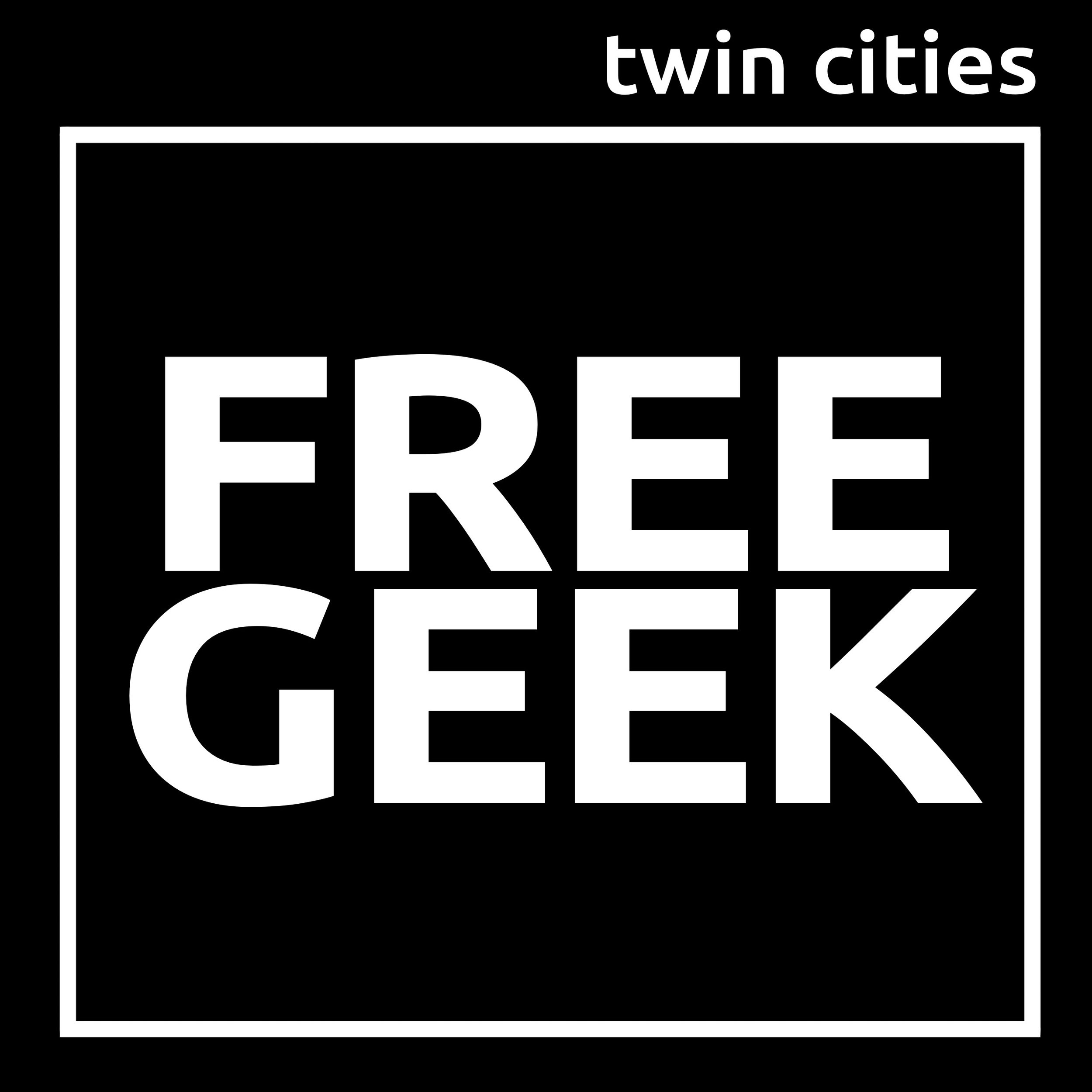Info On Data Privacy:
Free Geek Twin Cities takes data privacy very seriously. We ensure the complete destruction of all user data from donated devices. We monitor our facility via a closed circuit camera system 24 hours a day, 7 days a week.
For devices with removable media (desktops, laptops, servers)
Secure storage
Our staff removes hard drives and places them in a secure cage. Keyholders are limited to specific staff.
Secure erase
Hard drives that meet our specifications for reuse are wiped by authorized staff. The process we use for data destruction is Nwipe, which overwrites the hard drive using a destructive write. (Solid State drives are wiped with their firmware secure erase tools.) This ensures that ALL data on the drive is completely destroyed and totally unrecoverable.
Secure destruction
Hard drives that do not meet our specifications for reuse are physically destroyed on-site.
For devices with non-removable media (tablets, smartphones, smart watches, streaming devices, routers, etc)
Secure storage
Devices are received and stored in staff-only areas of the building, then placed into locking rooms based on their type and size.
Secure erase
If a device holds any data from a prior user, the data is deleted or the device is destroyed. No exceptions. Additionally, deleting data is not sufficient for refurbishment: Staff must ALSO be able to delete account information via the device’s “Factory Reset” functionality. (Due to these standards, a good portion of our devices go directly to secure destruction.)
Secure destruction
Devices destined for destruction go into a barrel in a staff-only area, which is then crushed by our upstream recycling partner.
How We Reuse:
We want to make sure that all working technology finds a good home.
Free Geek Twin Cities recycles several tons of electronics each year, but our primary focus is getting the donated technology reused. At the heart of our mission is the Build Program, where donated computers are refurbished into working machines that use the Linux or Windows operating systems. These computers are then donated to non-profit organizations, or sold in the thrift store.
Free Geek Twin Cities volunteers not only refurbish desktop computers, but also work with laptops, Apple computers, motherboards, network devices, optical drives, cards, RAM, and related components. Other electronics, such as AV equipment, video game consoles, cables, and anything we can work with, will also get reused.
How We Recycle:
What Happens to Your Computer When It’s Recycled?
If a computer cannot be refurbished or reused, then our volunteers will take it apart and separate it into basic components. Free Geek then finds a local industrial processor to break down the materials – one that we are confident will handle the materials in an environmentally responsible manner. Learn more about volunteering in recycling.
We currently have not been able to find recyclers for a few materials, and thus these end up in the trash:
Rubber and rubber-based foam
Glass (only beverage glass is recyclable)
Treated wood (speaker cases are the common source of this)
Plastic
